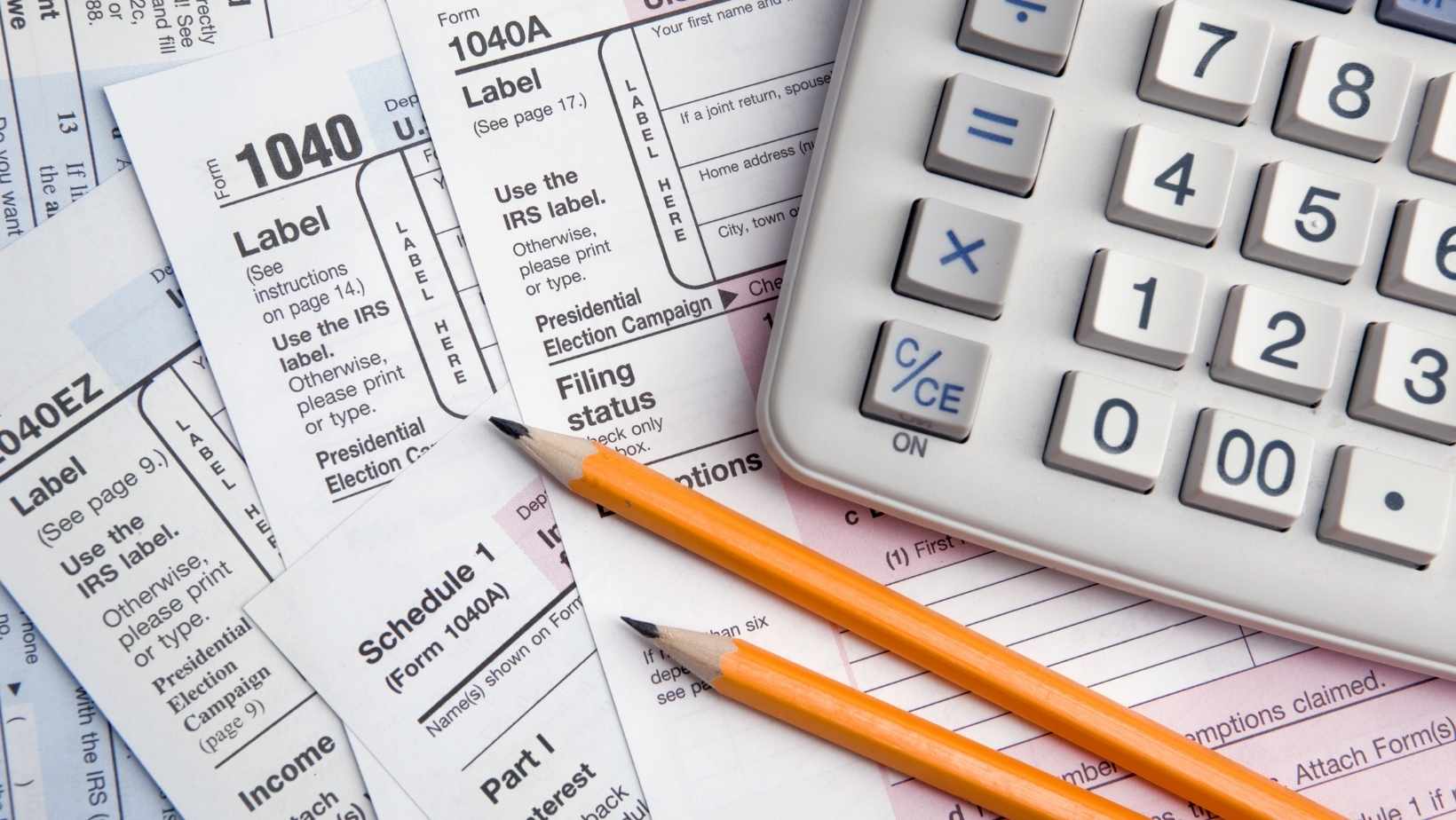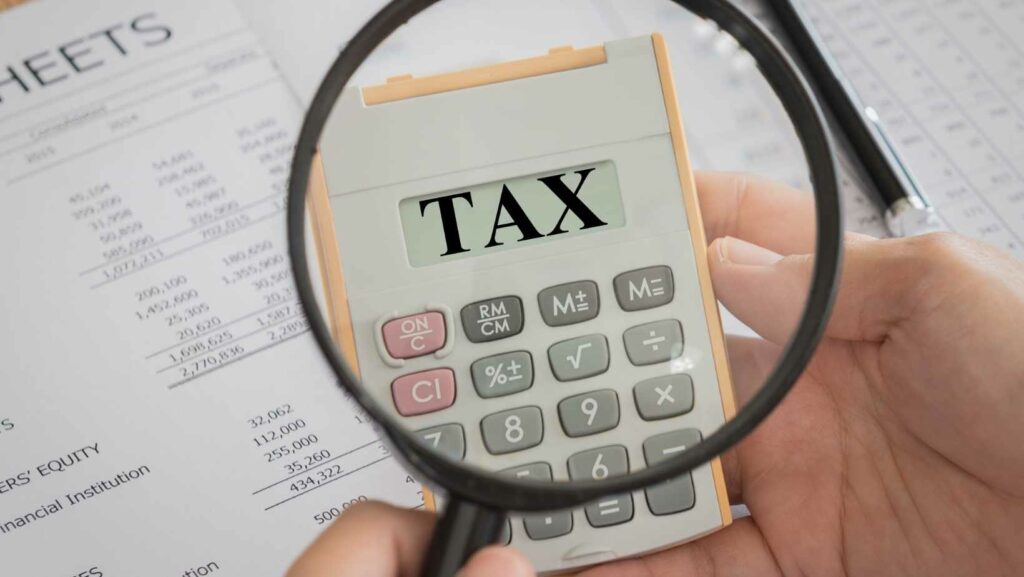Craft shows can be an exciting opportunity for artisans to showcase and sell their creations. However, one aspect that often causes confusion is how to handle sales tax at these events. It’s important to understand the rules and regulations surrounding sales tax collection to ensure compliance with the law and avoid any potential issues down the line.
When it comes to charging sales tax at craft shows, the first step is determining whether your products are taxable. Sales tax regulations vary by state, so it’s crucial to familiarize yourself with the specific guidelines in your area. In general, tangible goods are typically subject to sales tax, but exemptions may apply for certain items like food or clothing.
Once you’ve determined that your products are taxable, you’ll need to register for a sales tax permit with your state’s taxing authority. This will enable you to legally collect and remit sales tax on your transactions. Keep in mind that each state has its own process for obtaining a permit, so be sure to research the requirements and follow them accordingly.
At craft shows, it’s essential to clearly display the total price of each item including any applicable sales tax. This ensures transparency for customers and simplifies the checkout process. Additionally, keeping accurate records of your sales and taxes collected is crucial for reporting purposes.
Finding Official Resources for Sales Tax Regulations
When it comes to researching sales tax regulations in your state, it’s important to start by finding official resources that provide accurate and up-to-date information. Here are some steps you can take:
- Visit the official website of your state’s Department of Revenue or Taxation: Most states have dedicated websites where they provide comprehensive information about sales tax regulations. Look for sections specifically related to sales tax or small businesses.
- Check for online guides and publications: Many state departments offer downloadable guides and publications that explain sales tax laws in detail. These resources can be valuable references when determining how to charge sales tax at craft shows.
- Reach out directly to the Department of Revenue or Taxation: If you have specific questions or need clarification on certain aspects of sales tax regulations, don’t hesitate to contact the department directly. They may have representatives available who can assist you with your inquiries.

Understanding the Basics of Sales Tax in Your State
Before diving into the specifics of charging sales tax at craft shows, it’s crucial to have a solid understanding of the basics of sales tax in your state. Here are some fundamental concepts to consider:
- Tax rates: Different states impose varying rates for sales taxes, which can also differ within different jurisdictions within a state (e.g., cities, counties). Familiarize yourself with the applicable rates for your location.
- Taxable items: Not all products or services may be subject to sales tax in your state. It’s essential to know what items fall under taxable categories and which ones might be exempted from taxation altogether.
- Exemption certificates: In some cases, certain buyers may be exempt from paying sales taxes if they qualify as resellers or meet other exemption criteria outlined by your state’s regulations. Learn about how exemption certificates work and ensure you have the necessary documentation when dealing with exempt buyers.
How to Charge Sales Tax at Craft Shows
When it comes to charging sales tax at craft shows, one of the first steps you’ll need to take is registering for a sales tax permit. This process may vary depending on your location, so it’s important to gather the necessary information before beginning the registration process.
To start, you’ll typically need to provide personal and business details such as your name, address, and contact information. Additionally, you may be required to provide your Social Security number or Employer Identification Number (EIN), which is used to identify your business entity. It’s also essential to have information about your craft business handy, including its legal name and structure.
Depending on where you’re operating, there might be specific documentation or additional requirements needed during registration. Some common documents requested include:
- Proof of identity (such as a driver’s license or passport)
- Business formation documents (Articles of Organization/Incorporation)
- Federal Employer Identification Number (FEIN) confirmation letter
- State-specific forms or questionnaires
Remember, properly managing sales tax at craft shows is crucial for both legal compliance and maintaining a positive customer experience.
By gathering all the necessary information in advance, you can streamline the registration process and avoid any potential delays.

